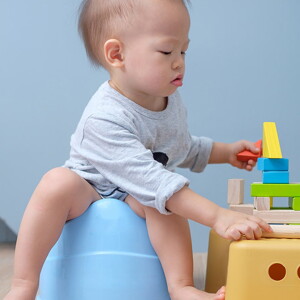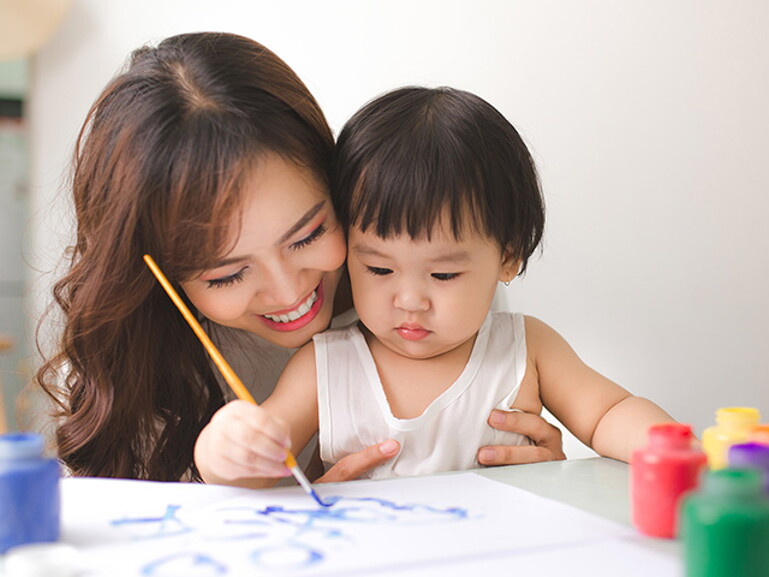Toddlerhood
Learn more about toddler's milk powder, nutrients requirement and their growth and development journey. Browse Wyeth Nutrition ParenTeam Malaysia website for more info.
Recommended content

The Talk: The Birds and the Bees
Of all the questions from the "Hows" to the "Whens", the question that throws most parents off guard is "Where do babies come from?" This article offers tips on talking to your kids about sexuality

Potty Training
Knowing when to start potty training is just as important as how. This article walks the new parent through the process with tips on what to do and what to expect.
Toddlerhood is a significant phase in a child’s development, typically spanning from 1 to 2 years old. During this exciting period, toddlers exhibit a range of new skills, personality traits, and assert their independence while staying close to their parents or caregivers. Let’s explore the key aspects of toddlerhood:
Physical Milestones:
- Walking: Most toddlers take their first steps during this time, followed by mastering stairs and running.
- Fine Motor Skills: They learn to undress themselves, use utensils, drink from cups, throw balls, and draw straight lines and circles.
- Cognitive and Communication Skills:
- Pointing to get attention and express desires.
- Saying single words (including “no”) and eventually forming short sentences.
- Understanding common objects’ purposes (phones, brushes, spoons).
- Recognizing body parts.
- Scribbling independently.
- Following 1- to 2-step verbal commands.
- Naming familiar objects and people.
- Sorting shapes and colors.
- Engaging in simple make-believe play.
Social and Emotional Development:
- Temper Tantrums: Toddlers express themselves through tantrums when their bids for independence are denied.
- Fear of Strangers: They may display fear of unfamiliar people.
- Affection: Show affection to familiar individuals.
- Pretend Play: Engage in imaginative play, such as feeding a doll.
- Defiance: Express defiance when told not to do something.
- Social Interaction: Play alongside other children and begin including them in games.
Parental Strategies:
- Promote Empathy: Encourage empathy by modeling kindness and explaining feelings.
- Conflict Management: Teach conflict resolution skills, such as sharing and taking turns.
- Household Participation: Involve toddlers in simple household tasks.
- Safety and Health: Ensure a safe environment and provide a balanced diet.
Remember that each child develops at their own pace, and milestones may vary. If you have concerns about your toddler’s development, consider scheduling a developmental screening with your pediatrician. Enjoy this dynamic phase of discovery and growth! 🌟👶🏽🌿


